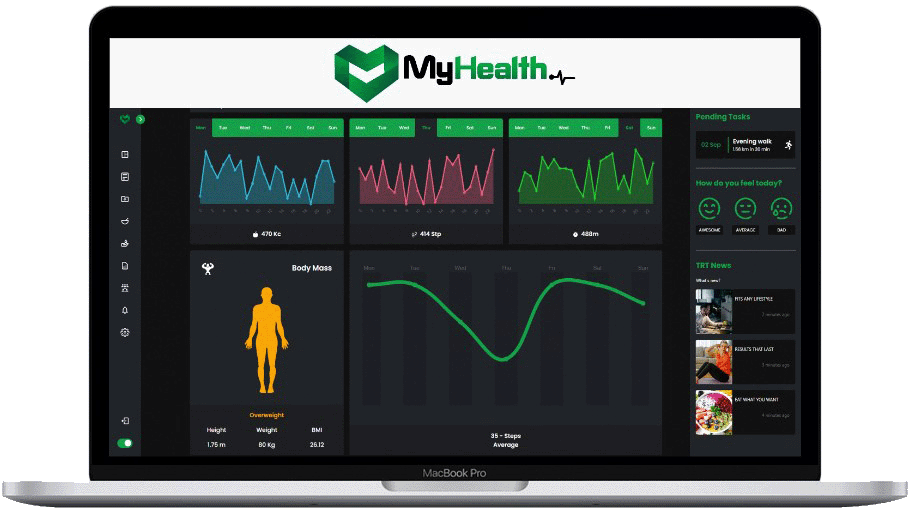The Value of Personal Health Record Software in Healthcare

The integration of technology in healthcare has revolutionized the way medical facilities operate and interact with patients. One of the most impactful advancements is the use of personal health record software. This tool enables patients to log and monitor their health status, providing physicians with crucial data to oversee their patients' well-being remotely. This proactive approach can significantly enhance patient outcomes and optimize the efficiency of healthcare services.
Benefits for Medical Facilities
Medical facilities gain numerous advantages when patients utilize personal health record software:
- Enhanced Remote Monitoring: Physicians can keep track of patients' health data in real-time, allowing for timely interventions.
- Trend and Spike Analysis: The aggregation of data helps in identifying health trends and potential health spikes, enabling preventive measures.
- Improved Patient Engagement: Patients become more involved in their own health management, leading to better adherence to treatment plans.
- Resource Optimization: Reduces the need for frequent in-person visits, freeing up resources for more critical cases.
Proactive vs. Reactive Healthcare
Traditionally, healthcare has often been reactive, dealing with illnesses and conditions as they occur. However, with personal health record software, healthcare providers can shift towards a proactive model. By analyzing the continuous stream of data from patients, physicians can identify early warning signs and implement preventive strategies.
"The ability to monitor patients' health data remotely and intervene early is a game-changer in healthcare. It moves us from a reactive to a proactive approach, ultimately improving patient outcomes and resource management." - Dr. Jane Smith, Chief Medical OfficerCase Studies and Real-World Applications
Several healthcare institutions have reported positive outcomes after integrating personal health record software into their practices. For instance:
- ABC Hospital: Saw a 20% reduction in hospital readmissions due to early detection of potential complications.
- XYZ Clinic: Improved chronic disease management, with diabetic patients showing better control over their blood glucose levels.
Conclusion
The adoption of personal health record software by patients is a significant step towards modernizing healthcare. It empowers patients, enhances the ability of healthcare providers to offer timely interventions, and shifts the focus from reactive to proactive care. As technology continues to advance, the role of such software will only grow, further embedding itself as a cornerstone of efficient and effective healthcare delivery.
